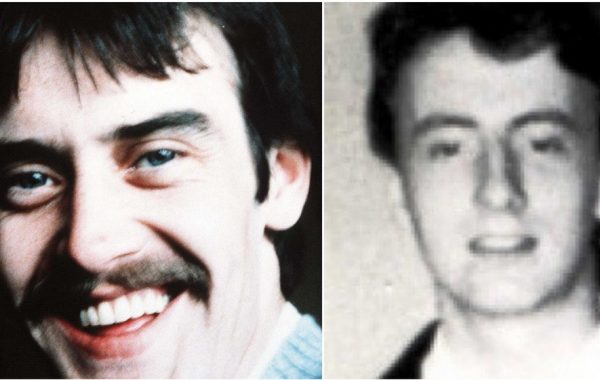
Thomas Friel died after he was struck with a rubber bullet
Presiding Coroner Mrs Justice Keegan said the decision on which of the cases will be heard first had been one which she had given “very anxious consideration”.
Among the first cases to be heard is that of Thomas Friel.
The 21 year old after he was hit by a rubber bullet in Creggan on May 18, 1973. He died four days later from his injuries.
The new inquest was ordered back in 2014 after fresh documents in the case came to light.
At the Royal Courts of Justice today, Wednesday, November 20, Mrs Justice Keegan said Thomas’s inquest will take place some time between April 2020 and April 2021.
The other two inquest to be held within that time frame are will the deaths of 10-year-old Stephen Geddis, who was hit by a plastic bullet in 1975 and Neil McConville, who was shot near Lisburn in April 2003.
Coroner Mrs Justice Keegan said the decision on which of the cases will be heard first had been one which she had given “very anxious consideration”.
Inquests into the killings of GAA official Sean Brown in Bellaghy in 1997 by the LVF and Patrick McElhone from Pomeroy, who had special needs, in August 1974 are scheduled for the second quarter of the year.
Inquests into the deaths of Gareth Paul O’Connor, who disappeared in 2003 before his body was found in Newry canal two years later, and teenager Leo Norney in west Belfast in 1975 will take place in the third quarter.

IRA men Danny Doherty and William Fleming shot dead by SAS in Derry in 1984
Danny Doherty was shot dead by members of the SAS in the grounds of Gransha Hospital in Derry on 6 December 1984, with another man William Fleming.
Danny Doherty was riding a motorcycle which was rammed by undercover soldiers.
A total of 59 shots were fired at the two men and Danny Doherty was struck 19 times.
Forensic evidence suggested that six shots were fired into his body as he lay wounded on the ground.
Both men also received gunshot wounds to the head in circumstances where they were wearing crash helmets.
The public gallery of Belfast Coroner’s Court, sitting at the Royal Courts of Justice, was filled to capacity with bereaved families as Mrs Justice Keegan announced the planned sequencing.
She told the families that she recognised that some people would be left disappointed but offered reassurance that the remaining cases will be kept under review.
“I want to offer you the reassurance that I have not undertaken this task lightly.
“I give you the commitment that my judicial colleagues and I will do everything in our power to complete legacy inquests within the five-year time frame.”
Mrs Justice Keegan emphasised that no legacy inquest is “more important or of greater priority than any other”.
The Department of Justice is to release £55 million over six years to deal with 52 legacy inquests involving 93 deaths between the 1970s and 2000.
Tags:




